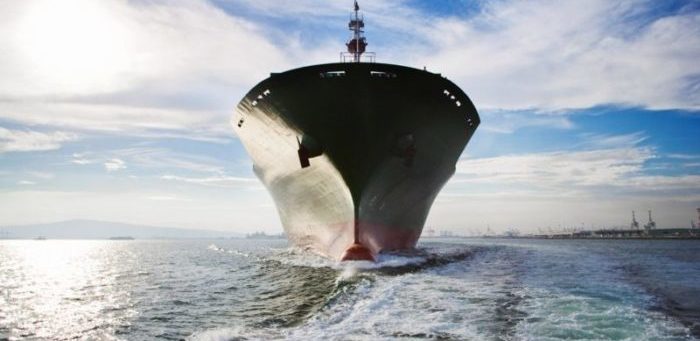The West of England P&I Club informed that it continues to regularly receive notifications of customs fines being imposed in Dakar, Senegal, West Africa, due to discrepancies between items listed in the customs declaration submitted by the Master, and the actual quantity of goods onboard. The issue was highlighted again in April 2012 and April 2014.
Namely, most recently:
- A Chief Engineer erroneously transposed two numbers when declaring fuel oil onboard
- Incorrect declaration of total quantity of firefighting foam onboard
- Non-declaration of CO2 within the fixed firefighting installation and used lubricating oils
In all instances, the mistakes were quickly recognised and corrected declarations were submitted,
…the Club notes.
In at least one case, the revised declaration was submitted whilst the Customs Officer was still present. Local Customs law is strictly enforced however and does not allow for additional declarations or rectification – only the declaration given upon Custom’s first request is accepted, supported by a complete set of declaration documents and at that point the Customs declaration is considered as formally submitted.
Any subsequent errors that are subsequently found (however minor) are then subject to a fine, which is often set at a very high level in the first instance.
In most cases, such fines can be negotiated to a lower level by our local correspondents, but only if there are mitigating circumstances which can be explained to a senior Customs officials. Notably, a Club Letter of Undertaking is not accepted by the authorities and vessels may be delayed or detained during the investigation.
To release the vessel from detention the quantum of the fine must be agreed and a promissory letter issued with prompt payments terms.
The Club has earlier advised Masters to:
- Contact the local agent well before arrival to ascertain the customs regulations in force and the documents required.
- Verify that all consumables on board including bunkers, lube oil, provisions, stores, paint, stationery and crew personal effects are listed accurately on the necessary manifests and declarations.
- Ensure that all required customs documentation is ready well in advance of berthing.
- Require the ship’s agent to be in attendance when the customs officers board the vessel.
- Keep the accommodation ladder / gangway raised until the agent is in attendance and the paperwork is ready, if necessary.
- Instruct crewmembers not to trade with anyone whilst at anchor or alongside. In particular, small fishing boats may approach anchored vessels and attempt to barter with the crew. If an exchange of goods takes place, the local tradesmen may inform the customs authorities thereafter.






























































